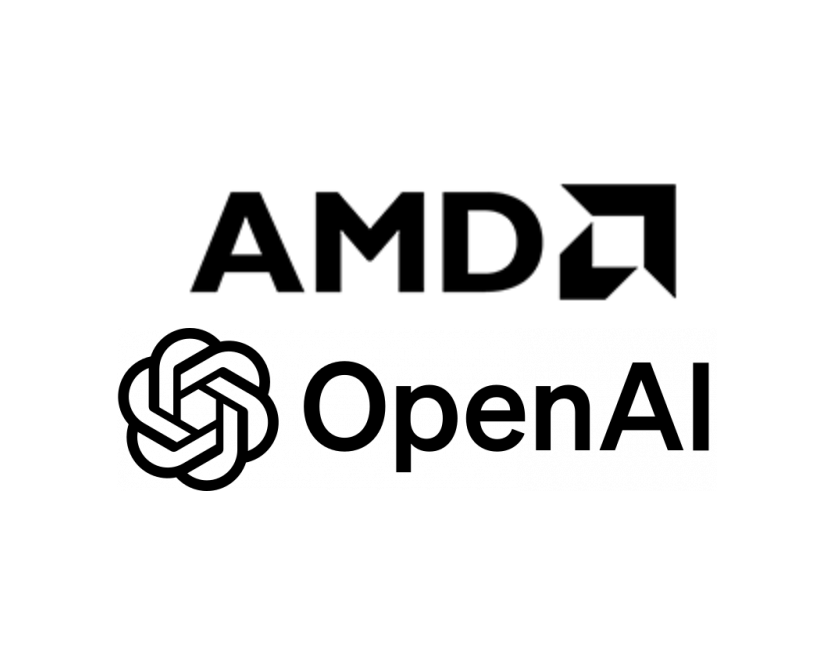Webflow Homepage

View dashboard
- Academy
- BOOTCAMPS
- COURSES
- All CoursesExplore all our courses in one place.
- Artificial IntelligenceFoundational AI knowledge and applications mastered.
- Machine LearningFundamental machine learning principles and applications.
- Data ScienceCore skills for data-driven decision-making.
- Deep LearningAdvanced techniques for deep neural networks.
- NLPEssential Tools for processing human language.
- Data AnalysisPractical techniques for actionable data insights.
- Portfolio BuildingCreate a professional portfolio that stands out.
- MathematicsCore math concepts for data science, machine learning and AI.
- Enterprises
- ENTERPRISES
- Enterprise SolutionsEmpowering businesses with advanced, customized AI solutions.
- Corporate TrainingBuilding future-ready teams through tailored tech training.
- AI AssistantsSmart tools to automate workflows and boost productivity.
- Government SolutionsInnovative solutions designed for public sector efficiency.
- Enterprise Case StudiesDiscover the refined power of LUNARTECH’s technologies in action.
- TECHNOLOGIES
- TechnologiesCutting-edge AI, data, and software solutions for transformative growth.
- Behind the InnovationDiscover the groundbreaking projects shaping
tech’s future. - Technology StackTailored technology frameworks designed to meet your unique business goals.
- Success StoriesReal-world examples of impactful, tech-driven transformations across industries.
- BlogLatest insights and emerging trends in AI, data science, and digital innovation.
- Technologies
- TECHNOLOGIES
- TechnologiesCutting-edge AI, data, and software solutions for transformative growth.
- Behind the InnovationDiscover Tech’s Future Through Groundbreaking
Projects - Technology StackTailored technology frameworks designed to meet your unique business goals.
- Success StoriesLearn How Our Solutions Have Empowered Countless Success Stories
- Case StudiesReal-world examples of impactful, tech-driven transformations across industries.
- BlogLatest insights and emerging trends in AI, data science, and digital innovation.
- INDUSTRIES
- TechnologyEmpowering tech innovation with responsive, scalable solutions.
- FinanceUnlocking financial potential with secure, streamlined tech.
- Oil & GasOptimizing energy operations with customized solutions.
- HealthcareTransforming patient care with innovative digital solutions.
- ManufacturingDriving industrial efficiency with smart technology.
- Real EstateEmpowering growth with impactful real estate solutions.
- Heavy IndustryInnovating heavy industry with powerful, user-centered tech.
- E-CommerceEnhancing online retail with seamless, dynamic platforms.
- RetailFueling retail success with scalable tech solutions.
- Solutions
- SOLUTIONS
- Generative AI BootcampIndustry-focused generative AI bootcamp for career readiness.
- Data Science BootcampJob-ready training in data science and modeling.
- CoursesExplore all our courses in one place.
- TechnologiesCutting-edge AI, data, and software solutions for transformative growth.
- Corporate TrainingBuilding future-ready teams through tailored tech training.
- AI ASSISTANTS
- AI AssistantsBoost productivity with over 200+ AI-powered tools.
- FeaturesUnlock advanced AI features to streamline workflows.
- PricingFlexible plans for individuals, startups, and enterprises.
- Use CasesExplore real-world AI applications across various industries.
- BlogStay informed on AI trends and tech insights.
- OPEN SOURCE
- Company
- About
- AboutLearn our mission and discover what drives us.
- BlogExplore insights and trends shaping tech and innovation.
- Success StoriesRead inspiring transformations powered by our solutions.
- Media CenterAccess press releases, articles, and media coverage.
- Get InvolvedJoin our community and contribute to projects.
- CareersBe part of our team—explore exciting career opportunities.
- OPEN SOURCE
- RESOURCES
.jpg)
.jpg)
.jpg)
.jpg)
.jpg)






.jpg)